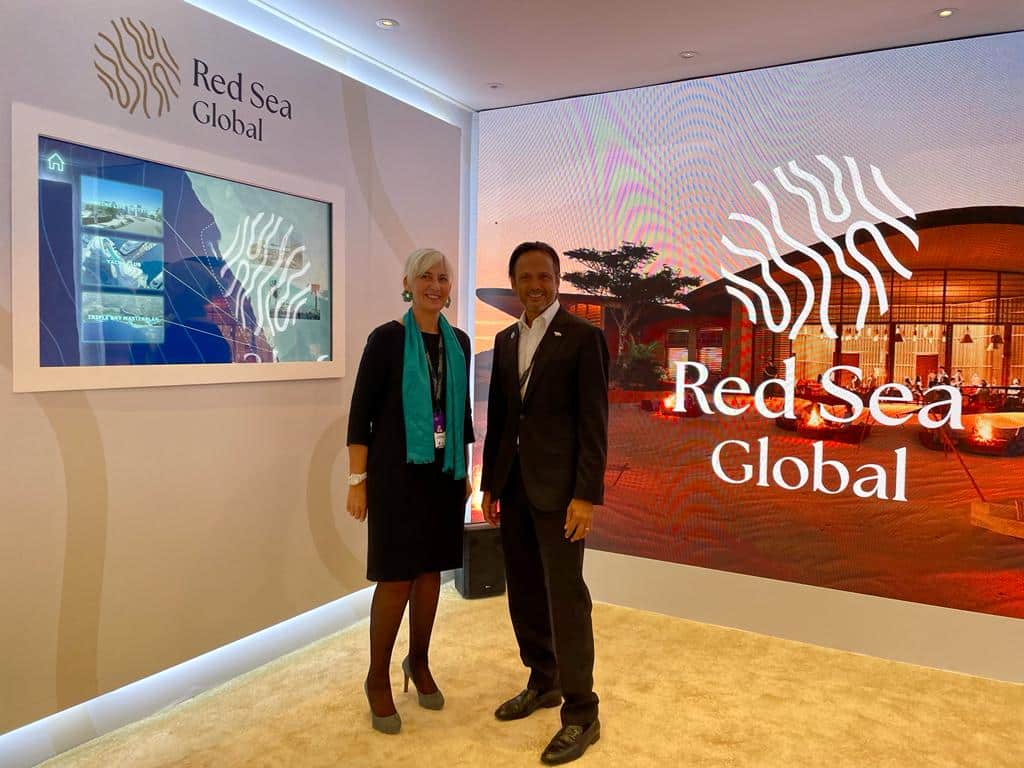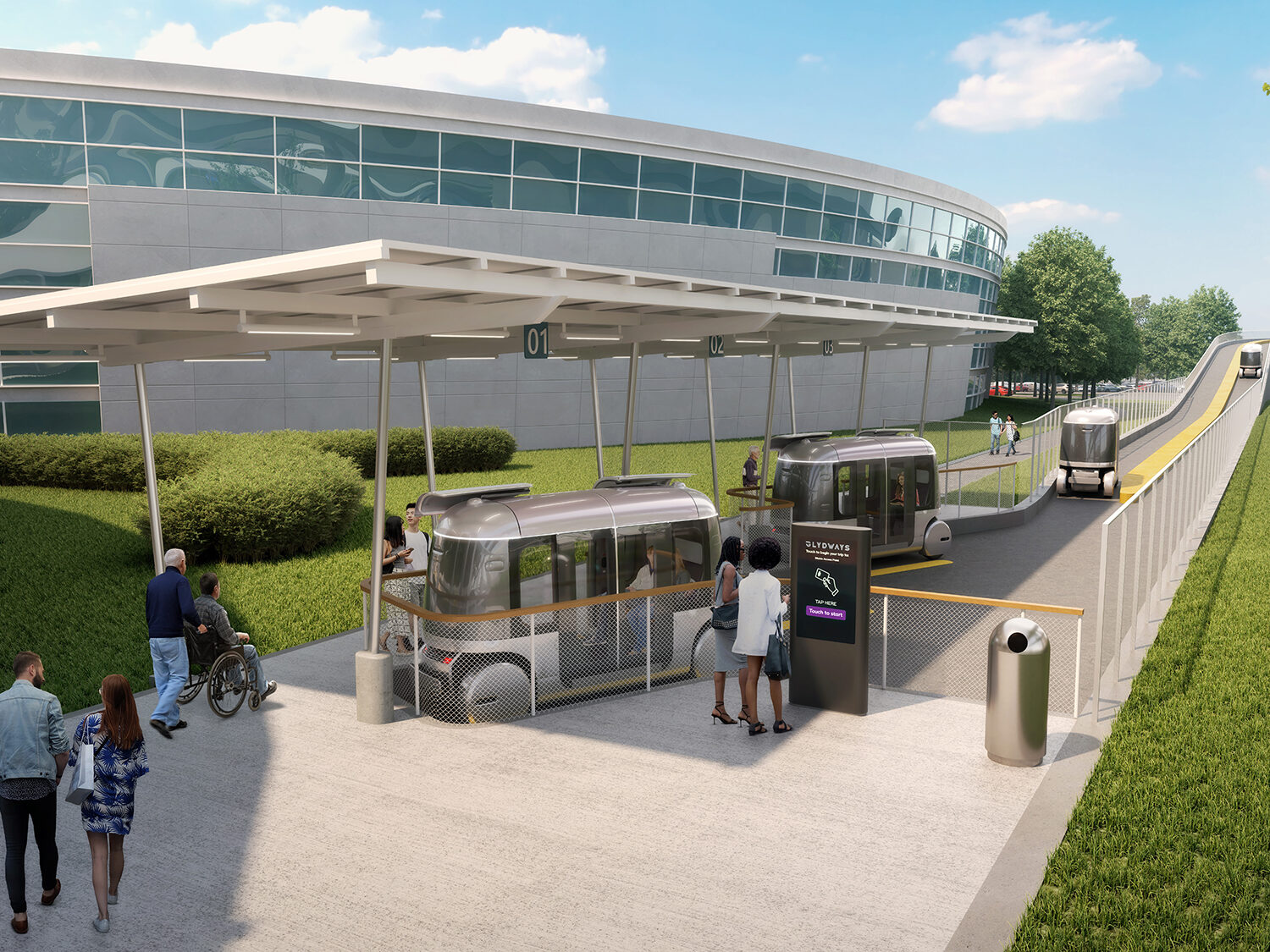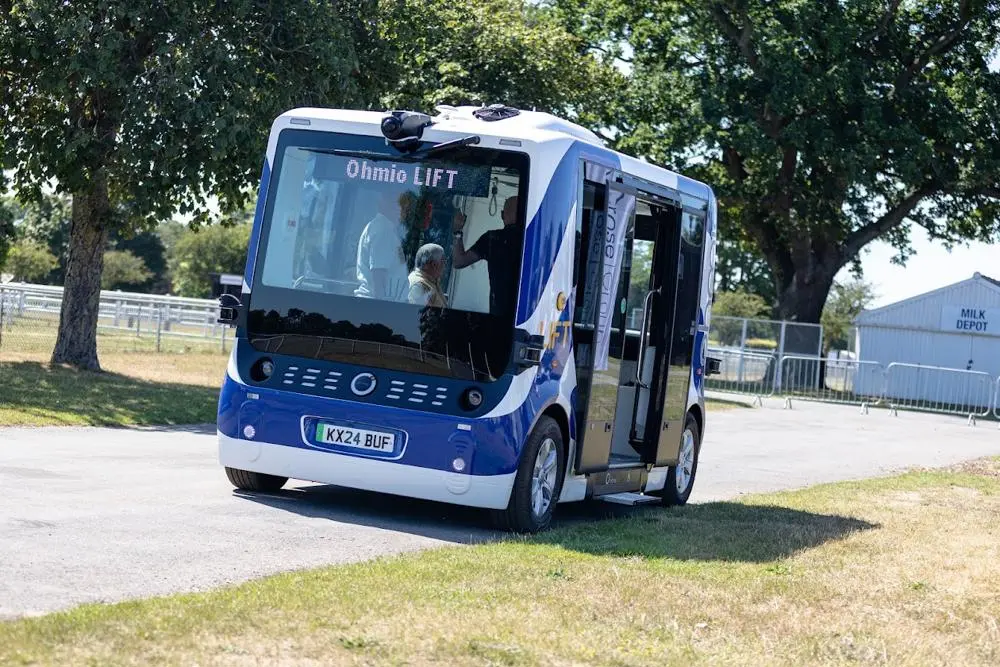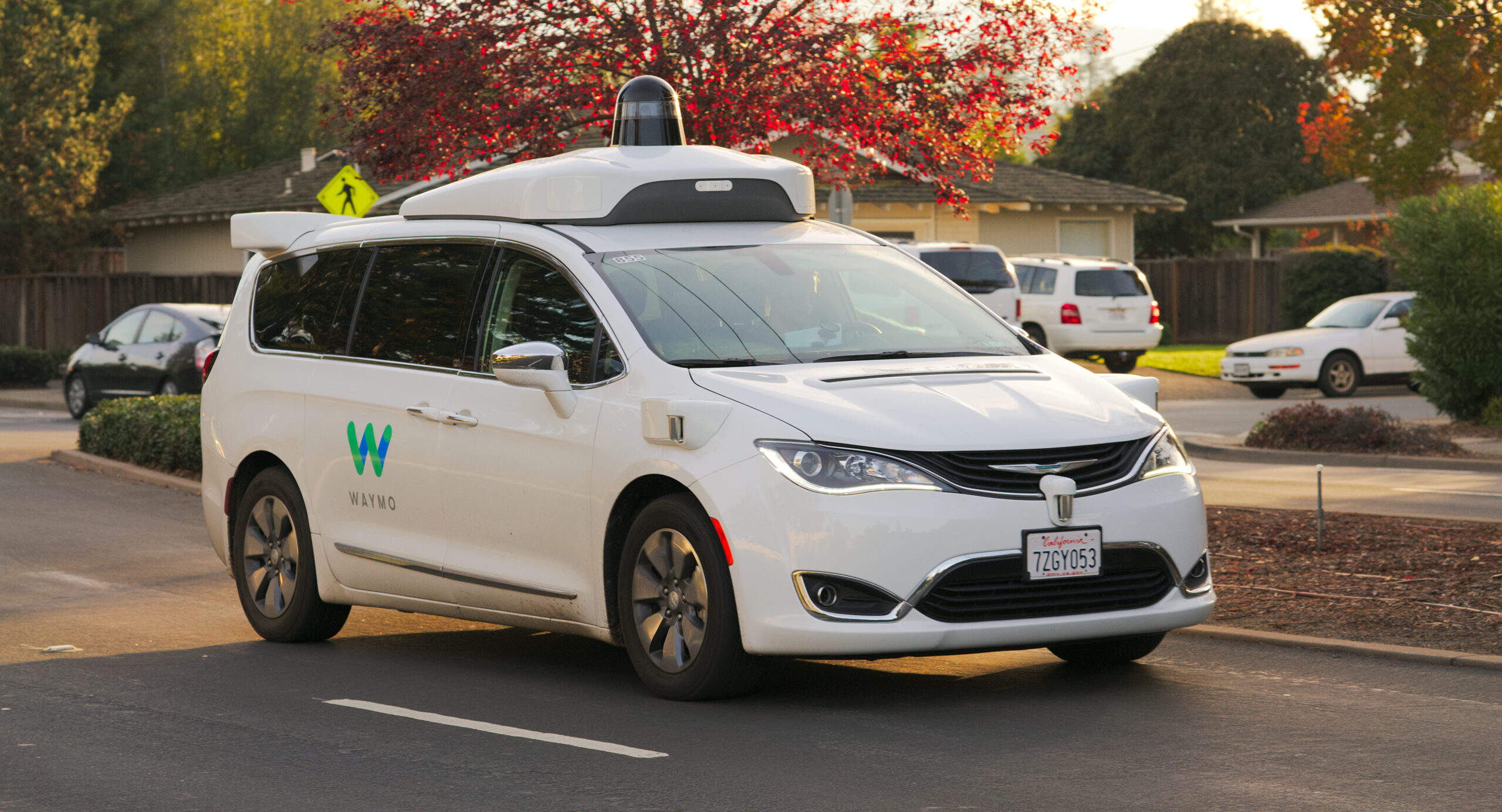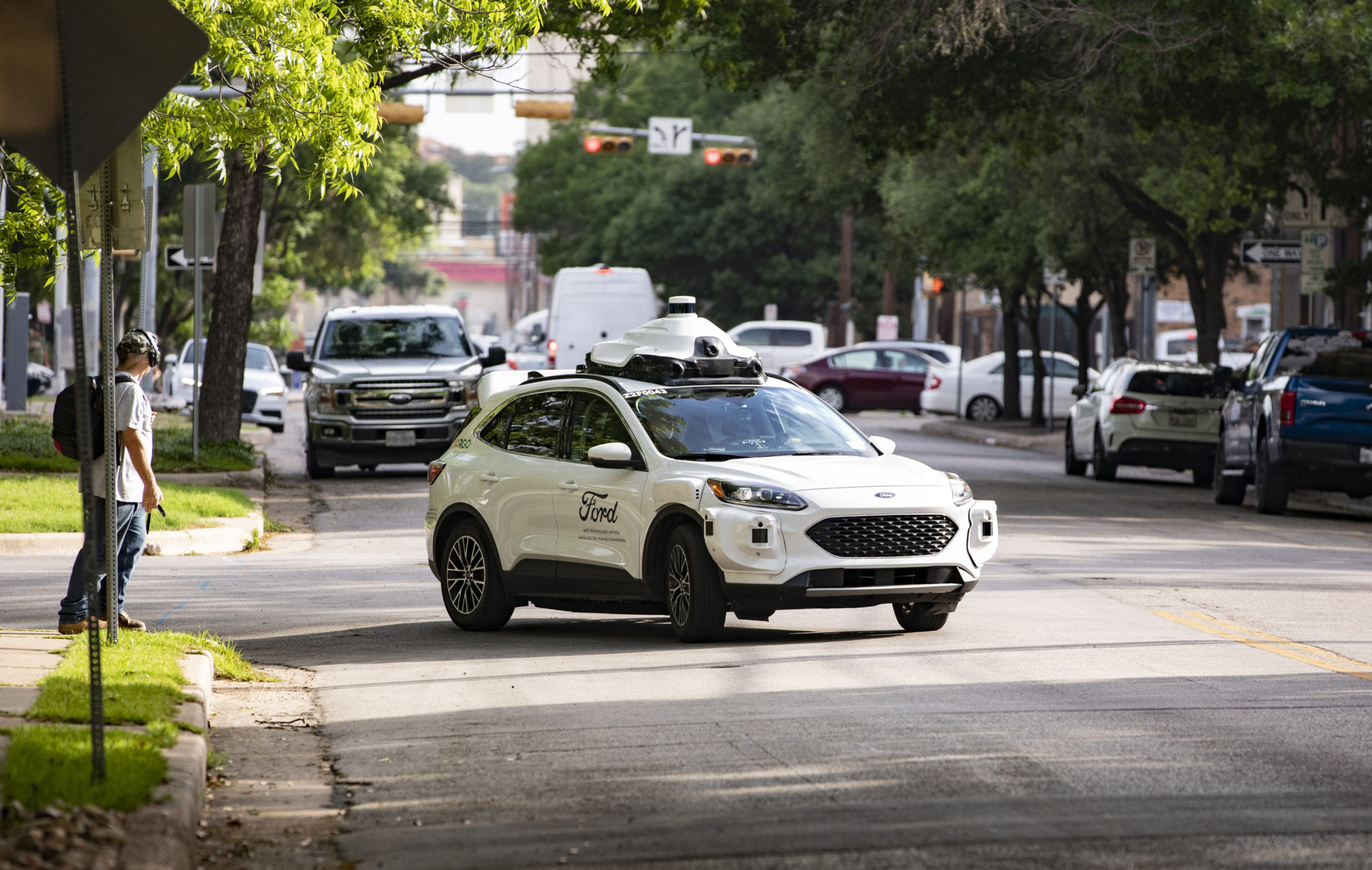Navya has signed a memorandum of understanding (MoU) with Red Sea Global to participate in THE RED SEA development on the northwest coast of the Kingdom of Saudi Arabia.
The project’s area spans over 28,000 square kilometres and includes over 90 untouched islands, beaches, volcanoes, desert dunes, mountain canyons and historical cultural sites.
THE RED SEA development will be carbon neutral and will run on 100% renewable energy. A mobility plan has been initiated to promote shared transport fuelled by electric and/or hydrogen, while also favouring autonomous vehicles to ‘ensure efficiency’.
John Pagano, Group Managing Director, Red Sea Global, said:Our ambitions go beyond tourism alone. Our goal is to show the world that there is a better way to positively shape the places where we live, work and travel. This requires a radically innovative mindset and a willingness to take advantage of new technologies. Traditionally, transportation has been a polluter for major destinations, but with Navya's technology and expertise, we believe it can become an enabler of our regenerative ambitions.
Red Sea Global has selected Navya to implement shared, electric and autonomous mobility at the development.
This co-operation will explore how Navya’s autonomous shuttle applications can transport both people and goods.
Sophie Desormière, Chairman of the Management Board of Navya, said:Tourism is undergoing a transformation to become eco-responsible and THE RED SEA will become a world reference for a completely carbon-neutral resort. Navya is proud to be able to contribute to projects of this magnitude, which place sustainability and user experience at the heart of their design. With its many Vision 2030 projects, the Kingdom of Saudi Arabia has become an unprecedented test bed for Navya's products and use cases, all of which have shared, autonomous and zero-emissions transportation as a common denominator. Navya's expertise and offer meet the requirements necessary to make these projects a reality.
THE RED SEA aims to welcome its first customers in 2023, and by 2030 will be home to 50 hotels and up to 1,000 residential properties, as well as its own international airport.

